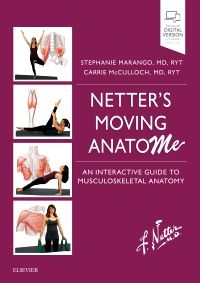Social Inclusion and Recovery, 1st Edition
A Model for Mental Health PracticeKey Features
Author Information
Shop by Category
| ISBN Number | 9780702026010 |
|---|---|
| Main Author | By Julie Repper, BA, MPhil, PhD, RMN, RGN and Rachel Perkins, BA, MPhil, PhD |
| Copyright Year | 2003 |
| Edition Number | 1 |
| Format | Book |
| Trim | 156w x 234h (6.125" x 9.25") |
| Imprint | Bailliere Tindall |
| Page Count | 260 |
| Publication Date | 20 Apr 2003 |
| Stock Status | IN STOCK - This may take up to 5 business days to ship |
 Book
Book
 Online Resource
Online Resource
University of North Carolina Chapel Hill and Frank H. Netter
Oct 2015
 Book
Book
 Book
Book
 Flash Cards
Flash Cards
 Flash Cards
Flash Cards
 Book
Book
 Book
Book
Todd W. Vanderah
Jan 2019
 Book
Book
 Flash Cards
Flash Cards
* Elsevier is a leading publisher of health science books and journals, helping to advance medicine by delivering superior education, reference information and decision support tools to doctors, nurses, health practitioners and students. With titles available across a variety of media, we are able to supply the information you need in the most convenient format.
Copyright © 2024, its licensors, and contributors.
All rights are reserved, including those for text and data mining, AI training, and similar technologies.
For problems or suggestions regarding this site, please visit our Support Hub.


